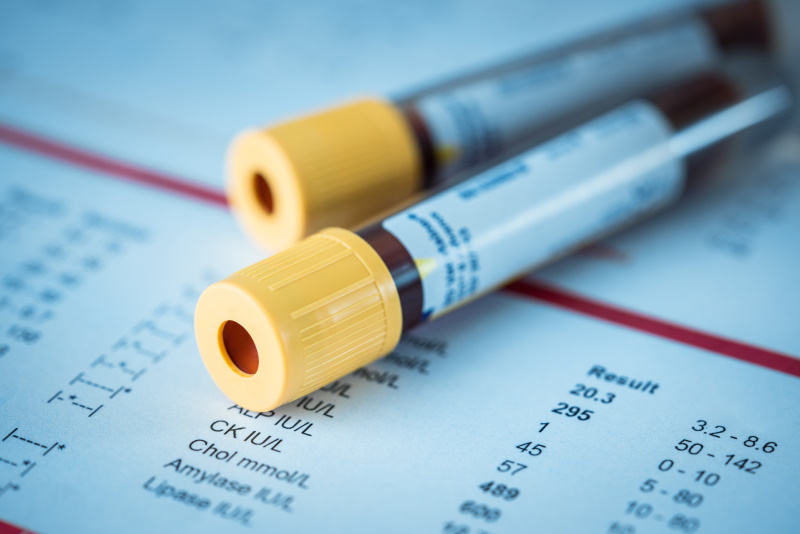Ninth Circuit memorandum decision also affirms certification of RICO claims against Walgreens for its participation in blood fraud scheme
On September 8, 2021, the Ninth Circuit Court of Appeals affirmed certification of the plaintiff class in the blood test fraud class action lawsuit brought by Lieff Cabraser against Theranos, Inc. and Walgreens over alleged misrepresentations the companies made about the efficacy and accuracy of Theranos’ “Edison” blood tests and related unfair business practices.
The Court also affirmed certification of the RICO claim against Walgreens for its participation in the Theranos Enterprise. (Theranos founder Elizabeth Holmes and her colleague Sunny Balawani, both defendants in the case, face separate criminal proceedings in the U.S. District Court for the Northern District of California.)
The opinion is notable for resurrecting the viability and force of dignitary torts, where the offense is in suffering certain kinds of shaming and forced loss of dignity. It will also allow the certified battery claim to proceed against Walgreens on behalf of consumers whose blood was drawn with Theranos technology that Plaintiffs allege Walgreens knew was unreliable for diagnostic purposes.
First offered to consumers in 2013, Theranos and Walgreens advertised the Edison blood tests as being revolutionary—allowing a wide range of vital tests to be accurately performed using a smaller needle and a smaller blood sample size than traditional blood testing devices. According to reports, more than 1 million consumers paid to have their blood tested by Theranos, submitting their blood samples at Theranos facilities and at dedicated Theranos stations set up at Walgreens pharmacy locations in Arizona and California.
In May 2016, after media reports called into question the accuracy of the Edison tests and after federal regulators began investigating Theranos’ testing facilities, Theranos voided all test results for blood tests performed at its Edison facility in 2014 and 2015, and revised the test results for thousands of other blood tests it had conducted. As alleged in the lawsuit, not only did consumers who paid for these blood tests not get what they paid for, but many consumers relied on what turned out to be inaccurate and unreliable test results in obtaining medical treatment that was unnecessary or in not pursuing treatment that was necessary.
The Theranos Walgreens lawsuit seeks damages, including reimbursement of the amounts paid by consumers for the voided tests, as well as an injunction to prevent Theranos and Walgreens from engaging in further misrepresentations and unfair conduct.
Contact us
Use the form below to contact a lawyer at Lieff Cabraser.












